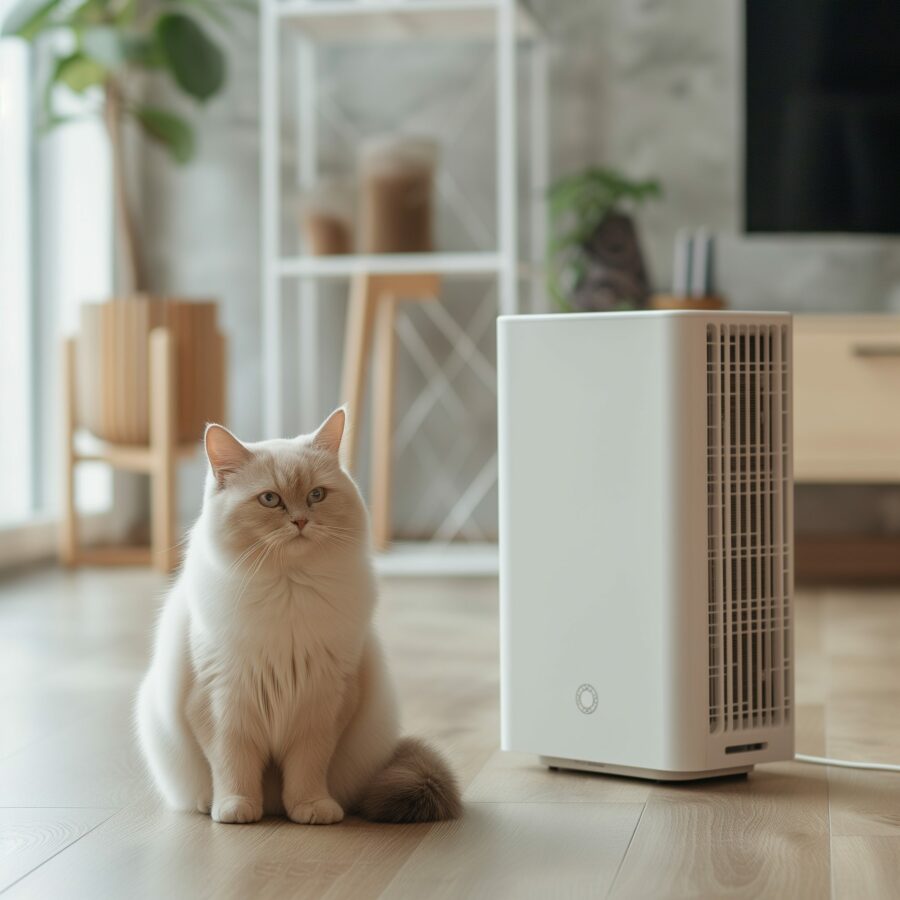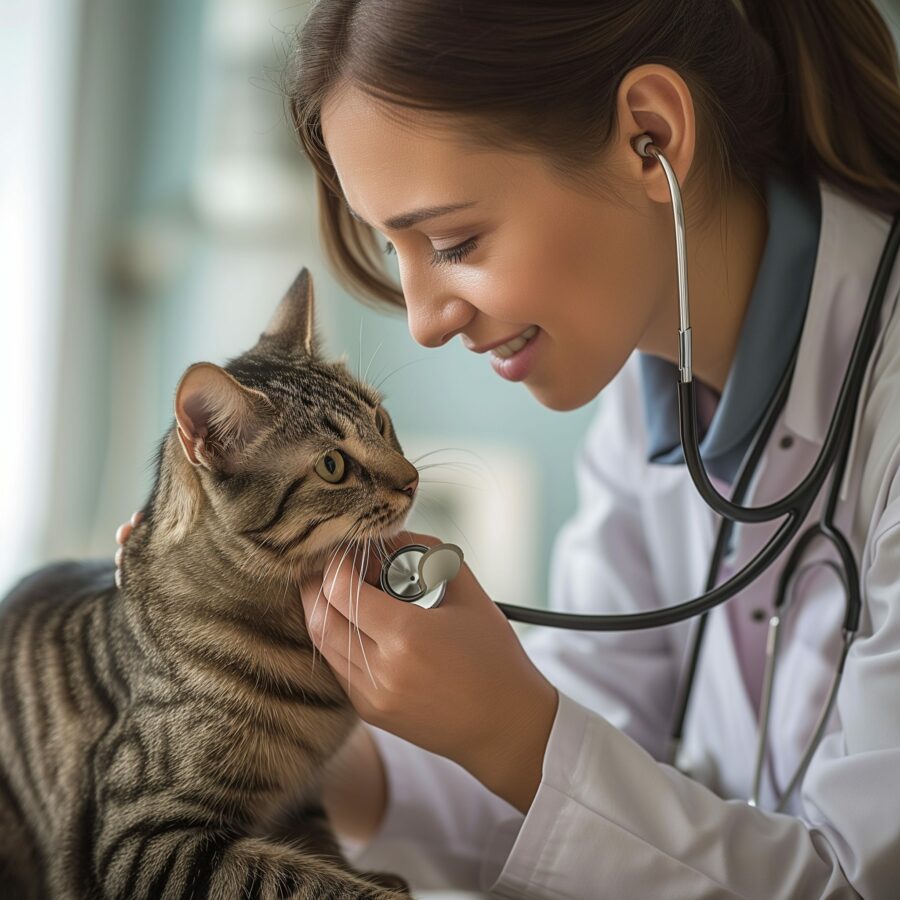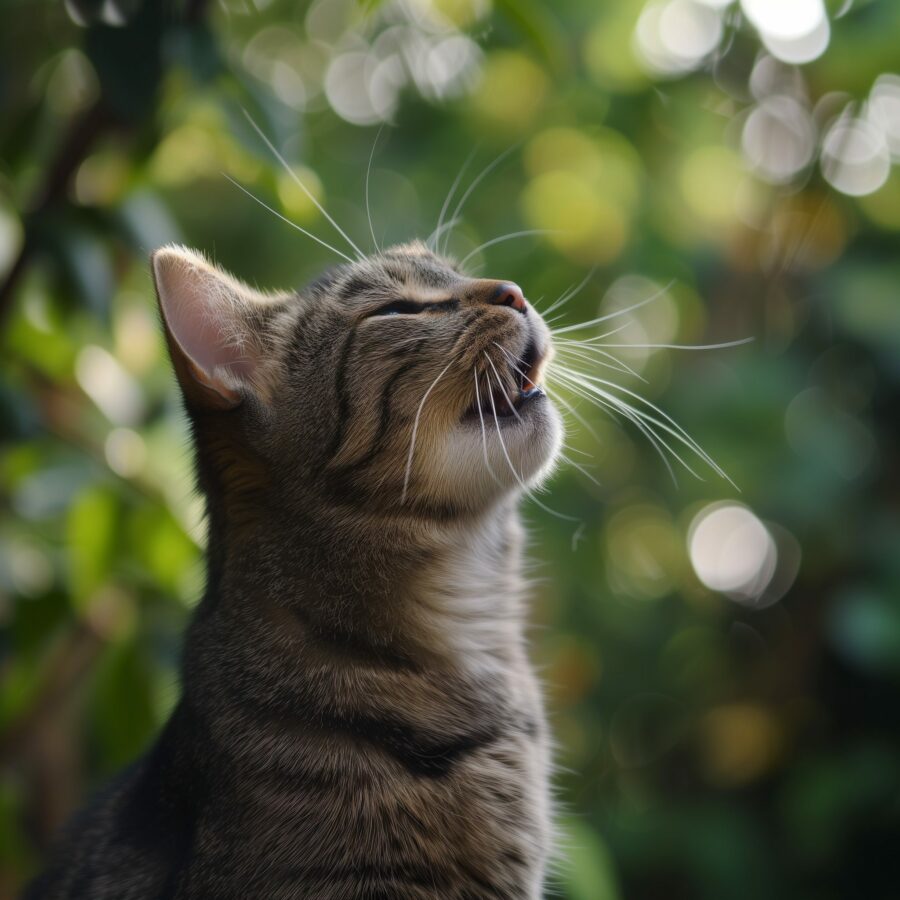Ever wondered why your feline friend is making a weird sound that seems like wheezing? As a cat parent, it can be worrisome and puzzling. It’s crucial you understand the whole scenario, from the causes to the symptoms, as well as possible treatments for cat wheezing. So let’s dive in!
Grasping Cat Wheezing

A wheezing cat usually indicates a need for veterinary intervention. With various causes from simple to severe, it’s essential to understand that even a singular episode of wheezing can’t be overlooked. Red flags should go up if it becomes chronic or recurrent. Conveniently, in some cases, it could be a temporary reaction to irritants like dust or pollen.
Triggers Not So Serious

Surprisingly, cats too suffer from sinus infections like humans. One cause could be a lingering virus. However, medical intervention becomes vital if the wheezing persists, causing discomfort. Easy adjustments like using a humidifier, vaccuming more often, or changing the brand of kitty litter—all can minimize dust, a frequent source of irritation. Even emotional distress can cause wheezing in cats, but this usually goes away when the stressor disappears.
Unmasking Severe Triggers of Cat Wheezing

If seemingly harmless situations aren’t triggering your cat’s wheezing, it’s time to investigate more grave concerns. One might be an infestation of either heartworms or lungworms, which can require medication interventions. But the most serious trigger is feline asthma, where persistent inflammation of the bronchial walls in your cat’s lungs prompts strong reactions to viruses or allergens.
Feline Asthma Treatment

- Corticosteroid: Steroids can confirm the diagnosis, given their effectiveness in mitigating asthma-type symptoms.
- Bronchodilators: These enlarge the air passages, enhancing airflow.
- Avoiding triggers: This can include certain food ingredients.
Despite the necessity for lifelong medication after a feline asthma diagnosis, vaccines are also available. Always remember that relying on the expert advice of a veterinarian beats self-medicating your cat. Relief is all your furry friend seeks!